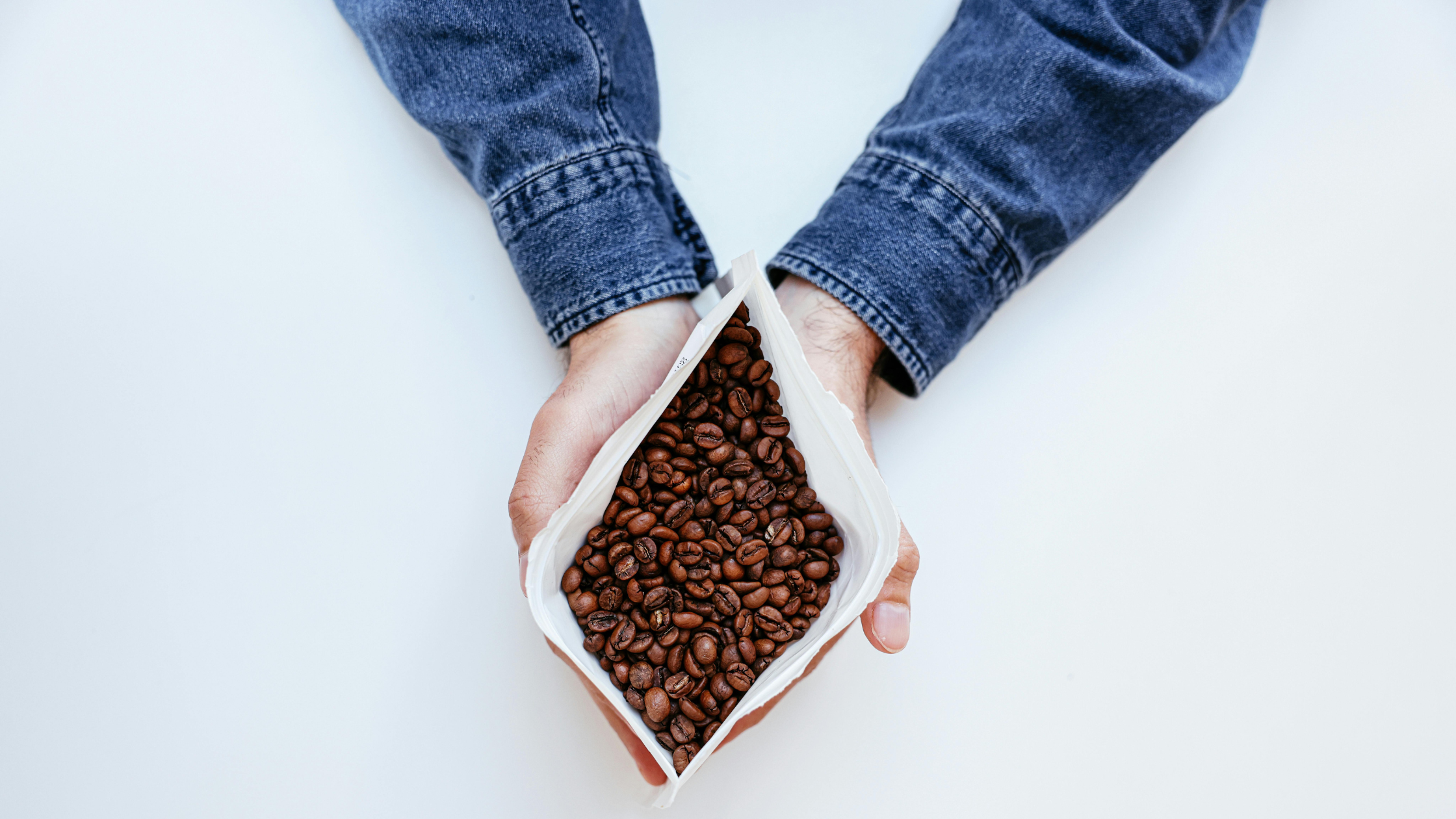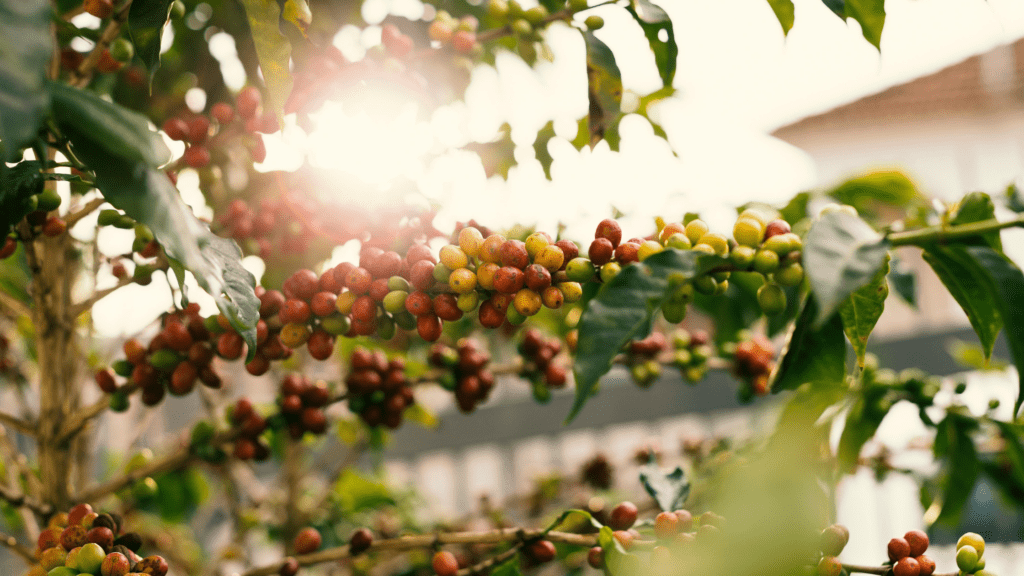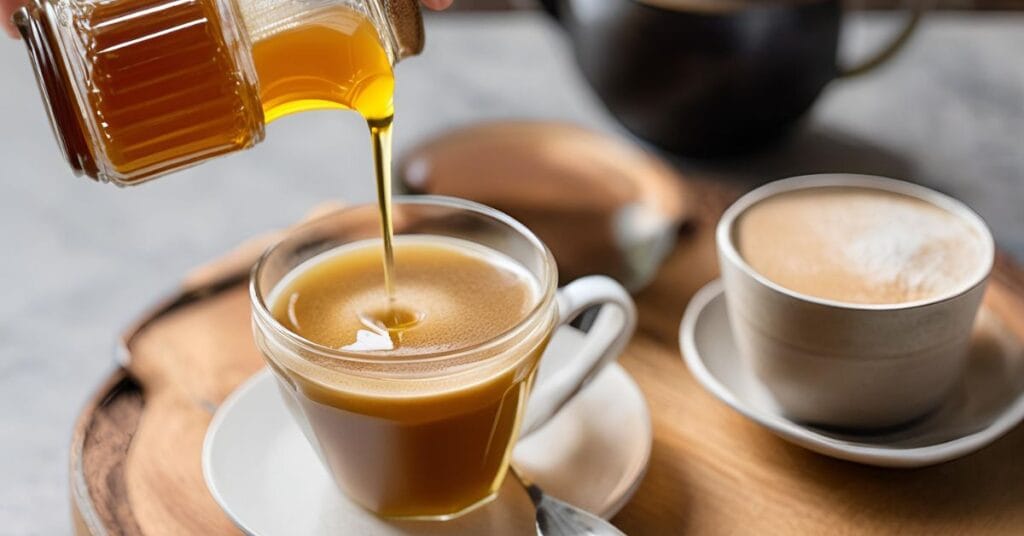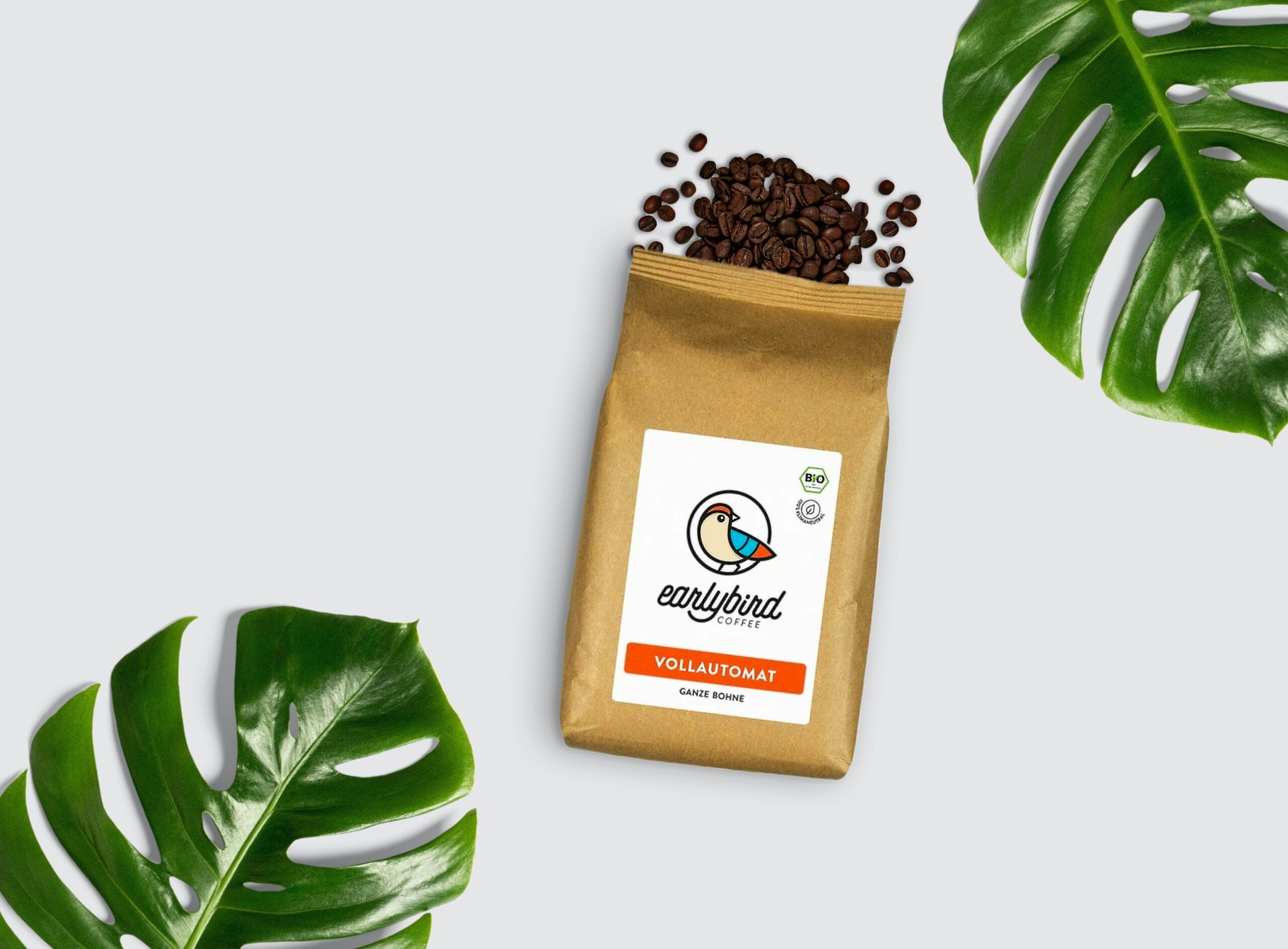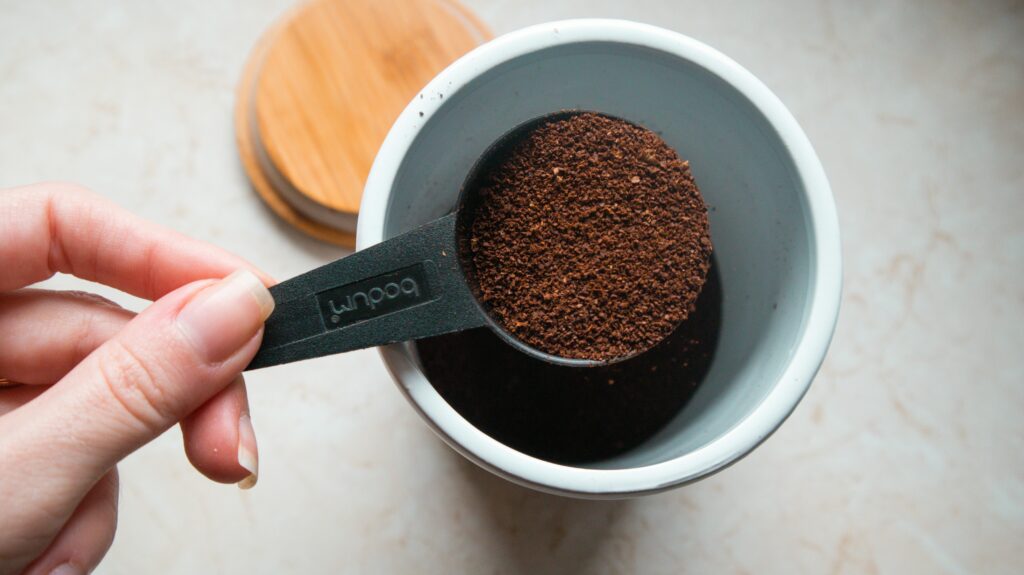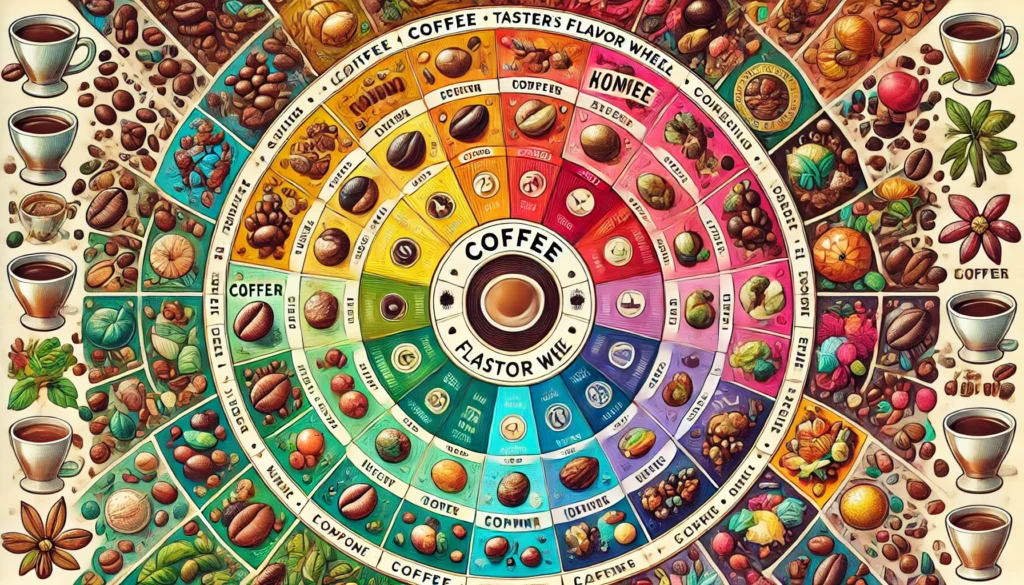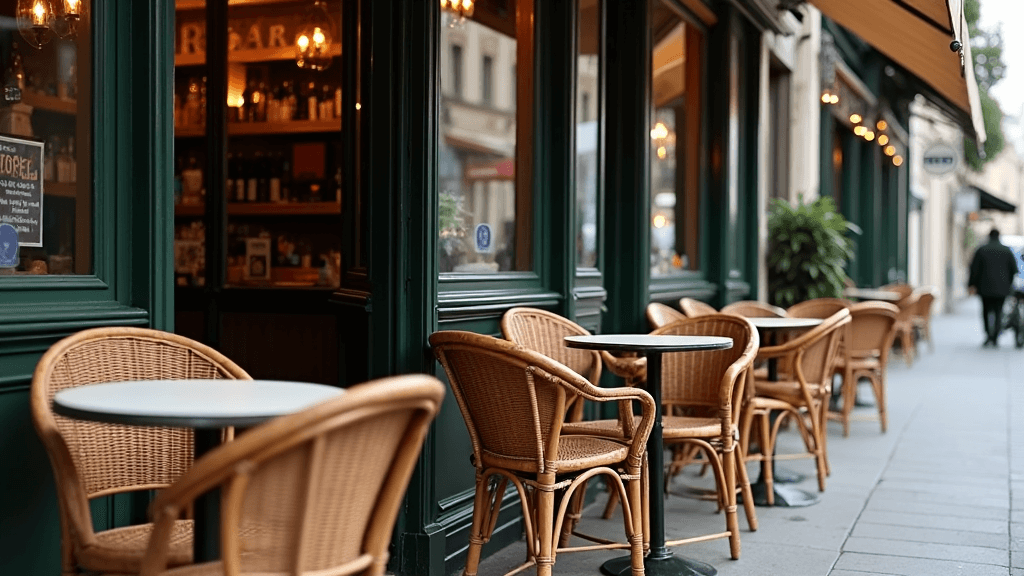Coffee enthusiasts know the importance of maintaining coffee freshness. Vacuum-packing offers a way to preserve the rich aroma and flavor of coffee by removing oxygen, but how long does vacuum-packed coffee last? This article will break down the shelf life of vacuum-packed coffee and provide tips for ensuring you get the best cup every time.
Table of Contents
ToggleWhat Is Vacuum-Packing?
Vacuum-packing is the process of removing air from a package before sealing it. The absence of oxygen slows down oxidation, which is the main culprit behind stale coffee. This method is popular for preserving food, including coffee, to extend its shelf life.
Why Vacuum-Packing Works?
Vacuum-packing works by removing air (specifically oxygen) from the packaging, which slows down the oxidation process. Oxygen is the primary factor that causes coffee to go stale by breaking down volatile oils and compounds responsible for its rich aroma and flavor.
Key Points:
- Oxidation: The vacuum seal limits oxygen exposure, which significantly slows down flavor degradation.
- Light and Heat: Storing vacuum-sealed coffee away from direct light and heat is crucial, as these factors can accelerate the breakdown of flavor compounds.
- Humidity: Vacuum-sealing prevents moisture from entering the packaging, keeping the coffee beans or grounds dry and fresh.
How Long Does Vacuum-Packed Coffee Last?
In general, vacuum-packed coffee can last anywhere from 6 months to 2 years, depending on whether it’s whole beans or ground, and how it’s stored. Whole beans last longer than ground coffee because they have less surface area exposed to oxygen, even in a vacuum-sealed environment.
Shelf Life of Vacuum-Packed Coffee
| Type of Coffee | Shelf Life at Room Temperature | Shelf Life in Freezer |
|---|---|---|
| Whole Beans | 6-9 months | 1.5-2 years |
| Ground Coffee | 3-6 months | 1 year |
It’s important to note that while vacuum-sealed coffee can remain safe to drink after these periods, the flavor and aroma will begin to degrade over time.
Shelf Life of Vacuum-Packed Coffee
- At Room Temperature: Vacuum-packed coffee can last 6 to 9 months, but for peak flavor, it should be consumed earlier. Over time, even sealed coffee will lose its freshness, though it will degrade slower compared to non-vacuum-packed coffee.
- In the Freezer: When stored in the freezer, vacuum-packed coffee can last up to 2 years. However, freezing can affect the flavor, so it’s recommended to freeze whole beans rather than ground coffee.
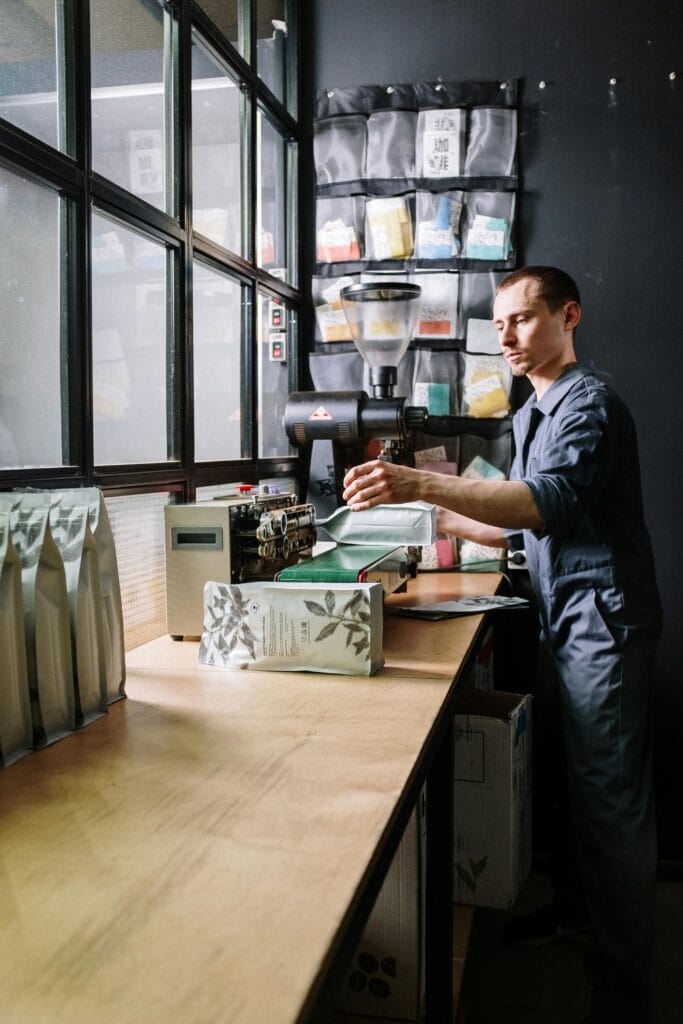
Vacuum-sealing whole beans helps them last up to 9 months at room temperature and up to 2 years when stored in the freezer, ensuring a long-lasting supply of fresh coffee.
Factors That Affect Shelf Life of Vacuum-Sealed Coffee
Several factors can influence how long your vacuum-packed coffee stays fresh:
- Coffee Freshness Before Packaging: Coffee that is vacuum-sealed immediately after roasting lasts longer.
- Type of Coffee: Whole beans generally stay fresher longer than ground coffee because they have less surface area exposed to air.
- Storage Conditions: Storing coffee in a cool, dry place extends its shelf life. High temperatures and moisture can cause the coffee to go bad more quickly.
The Science Behind Coffee Oxidation:
Coffee is a perishable product, primarily due to its exposure to oxygen. Oxidation breaks down the oils and volatile compounds that contribute to the coffee’s aroma and flavor. Vacuum-sealing effectively removes most of the oxygen, slowing down this process significantly. However, once opened, oxidation resumes rapidly, reducing the coffee’s shelf life dramatically.
- Airtight Seal: The vacuum seal limits exposure to oxygen, drastically reducing oxidation, which is the primary cause of flavor degradation in coffee beans.
How to Store Vacuum-Sealed Coffee for Maximum Freshness?
For maximum freshness, it’s important to store your vacuum-sealed coffee properly. Here are some tips:
- Store in a Cool, Dark Place: Keep your vacuum-packed coffee in a pantry or cupboard away from direct sunlight and heat.
- Freeze for Long-Term Storage: If you’re not going to use your coffee soon, storing it in the freezer can extend its life to up to 2 years.
- Avoid Moisture: Make sure the coffee remains dry, as moisture can degrade the coffee beans and even lead to mold.
Best Storage Tips for Vacuum-Sealed Coffee
| Storage Location | Effect on Shelf Life | Tips |
|---|---|---|
| Pantry | Preserves coffee for 6-9 months | Store in a dark, cool place |
| Freezer | Extends shelf life to 1-2 years | Make sure the seal is airtight |
| Countertop | Shortens shelf life to 3-6 months | Avoid exposure to light and heat sources |
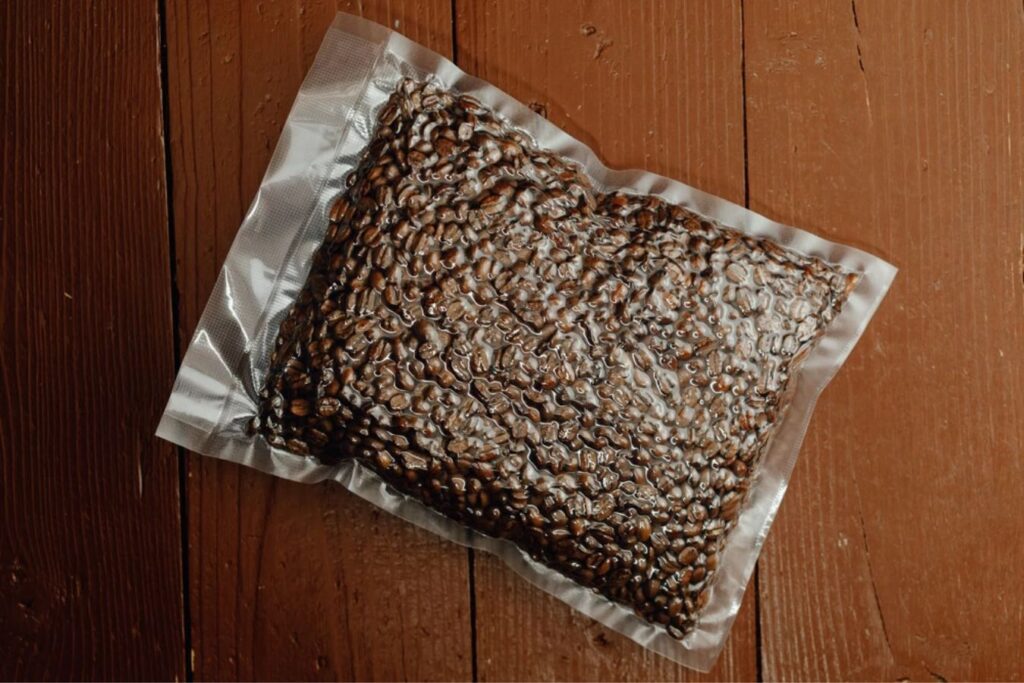
Vacuum Sealed Coffee Bags
Vacuum-sealed coffee bags are often used by manufacturers to extend the freshness of coffee. These bags are usually fitted with a one-way valve that lets carbon dioxide escape without letting oxygen in. This is an important feature because coffee releases carbon dioxide after roasting, and the valve prevents the buildup of gas without exposing the coffee to oxygen.
Vacuum-Sealed Coffee vs Regular Storage
The main benefit of vacuum-sealed coffee is its ability to keep coffee fresh for much longer compared to coffee stored in regular bags or containers. Oxygen is the primary culprit in stale coffee, and vacuum-sealing helps to delay oxidation. Here’s a comparison of vacuum-sealed coffee and regular coffee storage:
| Method | Shelf Life | Advantages |
|---|---|---|
| Vacuum-Sealed Coffee Bags | 6 months to 2 years | Longer shelf life, preserves flavor |
| Regular Coffee Storage | 1-3 months | Easier to access but shorter lifespan |
How to Vacuum Pack Coffee Beans at Home?
You can also vacuum-seal coffee beans at home to preserve their freshness. Here’s a simple guide on how to do it:
- Use a Vacuum Sealer: Place the coffee beans or grounds in a vacuum-sealing bag.
- Seal the Bag: Use the vacuum sealer to remove the air from the bag and seal it tightly.
- Store Properly: Store the sealed coffee in a cool, dark place or freeze it for longer storage.
While vacuum-packing coffee protects it from moisture and air, proper storage in a cool, dark place is key to maintaining freshness and flavor.
Ahmed Kamran
Comparison with Other Storage Methods:
- Nitrogen Flushing: Some brands use nitrogen flushing instead of vacuum-packing. Nitrogen displaces oxygen more thoroughly but may be more expensive.
- Freezing Whole Beans: While freezing can prolong shelf life, it can alter the texture and structure of the coffee beans, making them brittle. Proper thawing is essential to avoid moisture absorption.
Tips for Testing Freshness:
To check if your vacuum-packed coffee is still fresh:
- Smell Test: Fresh coffee has a rich, aromatic smell. If the aroma is faint, the coffee may be stale.
- Visual Inspection: Check for any discoloration or visible signs of moisture, especially in ground coffee.
- Taste Test: Brew a small batch; stale coffee will taste flat or sour.
Practical Storage Tips:
- Store Ground Coffee for Short Durations: Ground coffee has a shorter shelf life than whole beans, even in vacuum packs. Consume it within 1 to 2 weeks for optimal freshness.
- Vacuum-Seal Again After Opening: If you have a vacuum-sealer, reseal the coffee after each use to minimize exposure to air and humidity.
Expert Opinions and Research:
According to the National Coffee Association, coffee should ideally be consumed within a few weeks of roasting for the best flavor. Vacuum-packing and proper storage extend this window, but freshness still declines over time.
Some industry experts, like Alex Bernson, Director of Coffee at Coffee Labs Roasters, note that vacuum-packing coffee can lock in freshness for extended periods, but storing coffee at room temperature beyond 6-9 months will eventually lead to flavor degradation, even in sealed bags.
Pros and Cons of Vacuum-Sealed Coffee
| Pros | Cons |
|---|---|
| Longer Shelf Life: Stays fresh for up to 2 years. | Higher Cost: Vacuum-sealing equipment can be expensive for home use. |
| Preserves Flavor and Aroma: Protects coffee from oxidation, retaining its flavor and aroma. | Freezer Burn Risk: If not properly sealed, moisture can enter and degrade the coffee’s flavor. |
| Ideal for Long-Term Storage: Great for storing large amounts of coffee without worrying about it going stale. | Requires Proper Storage: Vacuum-sealed bags still need to be stored in a cool, dark place for best results. |
| Reduces Waste: Helps prevent spoilage, making it efficient for bulk buying. | Initial Setup Time: Vacuum-sealing can be time-consuming if you frequently store small batches. |
| Protects from Moisture and Air: Reduces exposure to environmental elements that cause coffee to spoil. | Potential Equipment Maintenance: Vacuum-sealers may require maintenance or replacement over time. |
| Space-Efficient: Compressed bags take up less space, ideal for small storage areas. | Limited Access: Once vacuum-sealed, you’ll need to break the seal to use the coffee, which may reduce freshness if not resealed properly. |
FAQs
How Long Does Vacuum-Packed Coffee Last at Room Temperature?
- Vacuum-packed coffee can last between 6-9 months at room temperature if stored properly in a cool, dark place.
Does Freezing Vacuum-Packed Coffee Extend Its Shelf Life?
- Yes, freezing vacuum-packed coffee can extend its shelf life to 1.5-2 years without affecting its flavor.
Can I Vacuum-Pack Coffee at Home?
- Yes, you can use a vacuum-sealer machine to vacuum-pack coffee at home, which helps extend the shelf life of both coffee beans and grounds.
Can Vacuum-Sealed Coffee Go Bad?
- While vacuum-sealing significantly extends shelf life, coffee can still lose its flavor over time. Proper storage in optimal conditions is essential for maintaining freshness.
What Are the Benefits of Vacuum-Sealed Coffee Bags?
- Vacuum-sealed coffee bags extend the shelf life, preserve flavor, and prevent oxygen from entering the package, helping keep the coffee fresh for longer.
Can You Store Coffee in the Fridge After Vacuum-Sealing It?
- It’s not recommended to store vacuum-sealed coffee in the fridge because temperature fluctuations can cause moisture buildup, affecting the coffee’s quality.
What’s the Difference Between Vacuum-Sealing Whole Beans and Ground Coffee?
- Whole beans typically last longer (6-9 months at room temperature) compared to ground coffee (3-6 months), as ground coffee has more surface area exposed to air, even in vacuum-sealed bags.
Does Vacuum-Sealing Preserve the Coffee’s Flavor and Aroma?
- Yes, vacuum-sealing helps preserve the flavor and aroma of coffee by preventing oxidation, which is the main cause of staleness.
Can Vacuum-Sealed Coffee Be Re-Sealed Once Opened?
- After opening, coffee can be vacuum-sealed again using a vacuum-sealer machine, though it’s best to re-seal as soon as possible to maintain freshness.
What Is the Ideal Temperature for Storing Vacuum-Sealed Coffee?
- Store vacuum-sealed coffee in a cool, dark place at temperatures between 60°F and 70°F to ensure optimal freshness.
- Store vacuum-sealed coffee in a cool, dark place at temperatures between 60°F and 70°F to ensure optimal freshness.
- Can I refreeze vacuum-packed coffee?
- It’s not recommended, as freezing and thawing repeatedly can introduce moisture.
- It’s not recommended, as freezing and thawing repeatedly can introduce moisture.
- How should I store vacuum-packed coffee after opening?
- Keep it in an airtight container in a cool, dark place, and reseal the vacuum bag if possible.
Conclusion
Vacuum-packing is an effective way to extend the shelf life of coffee, whether you’re storing vacuum-sealed coffee beans or ground coffee. By following the proper storage techniques and understanding the factors that impact shelf life, you can enjoy fresh, flavorful coffee for months or even years. Whether you’re a coffee enthusiast looking to store beans long-term or just want to keep your morning brew tasting fresh, vacuum-packing is an excellent option.

